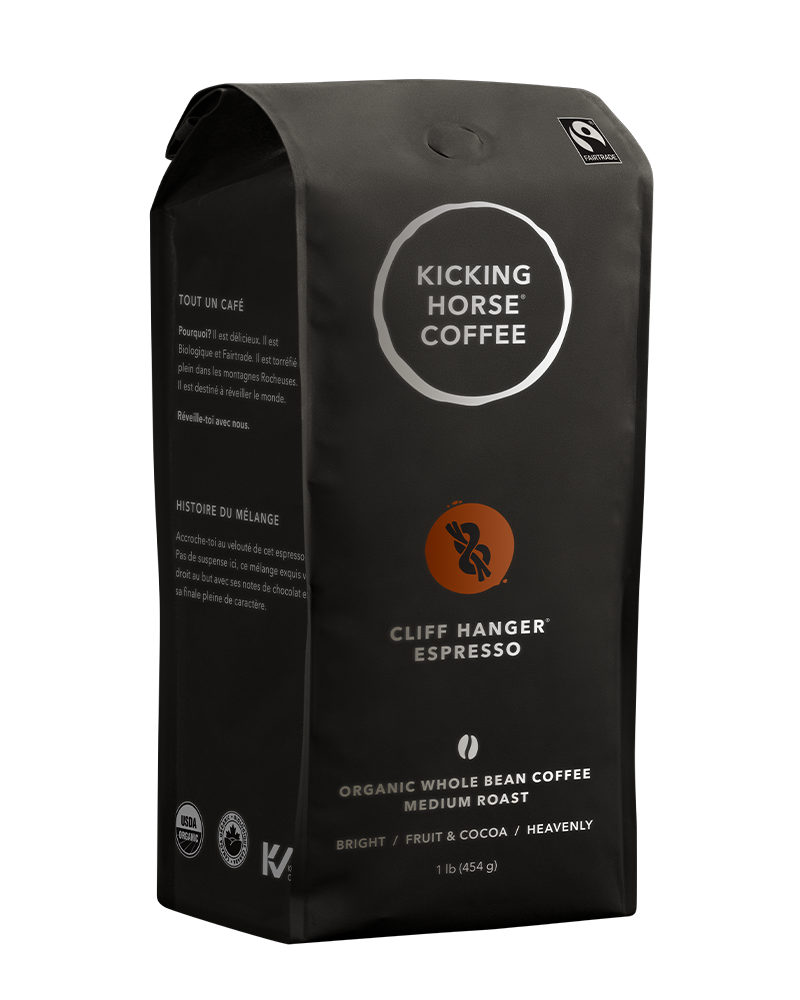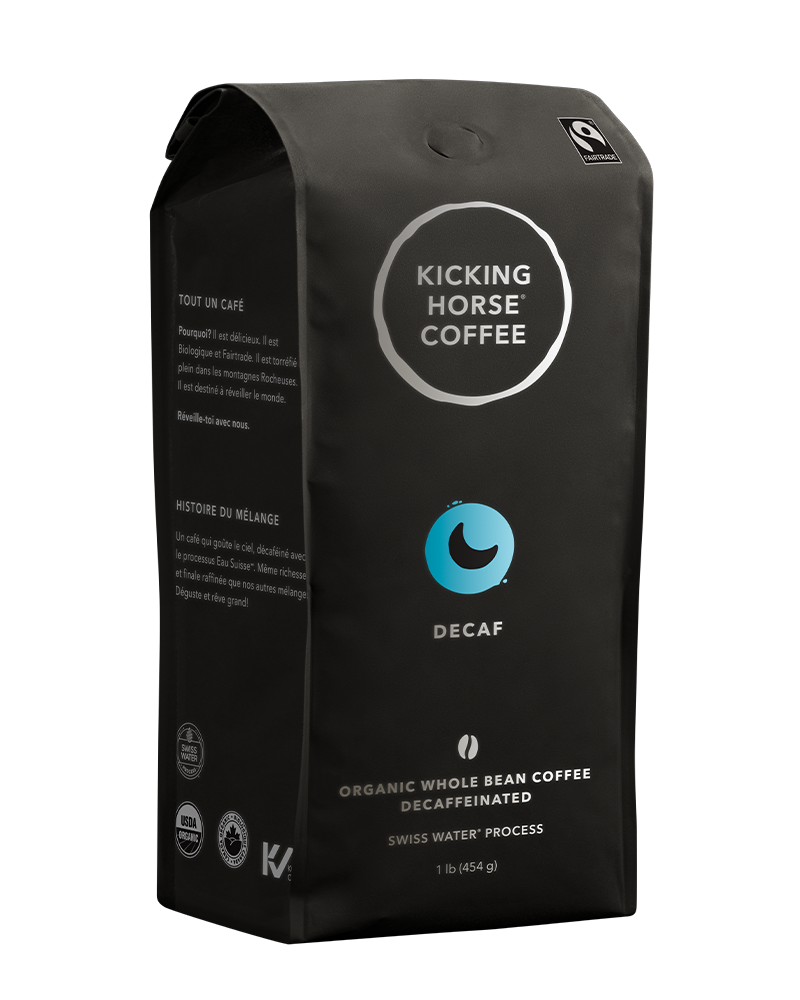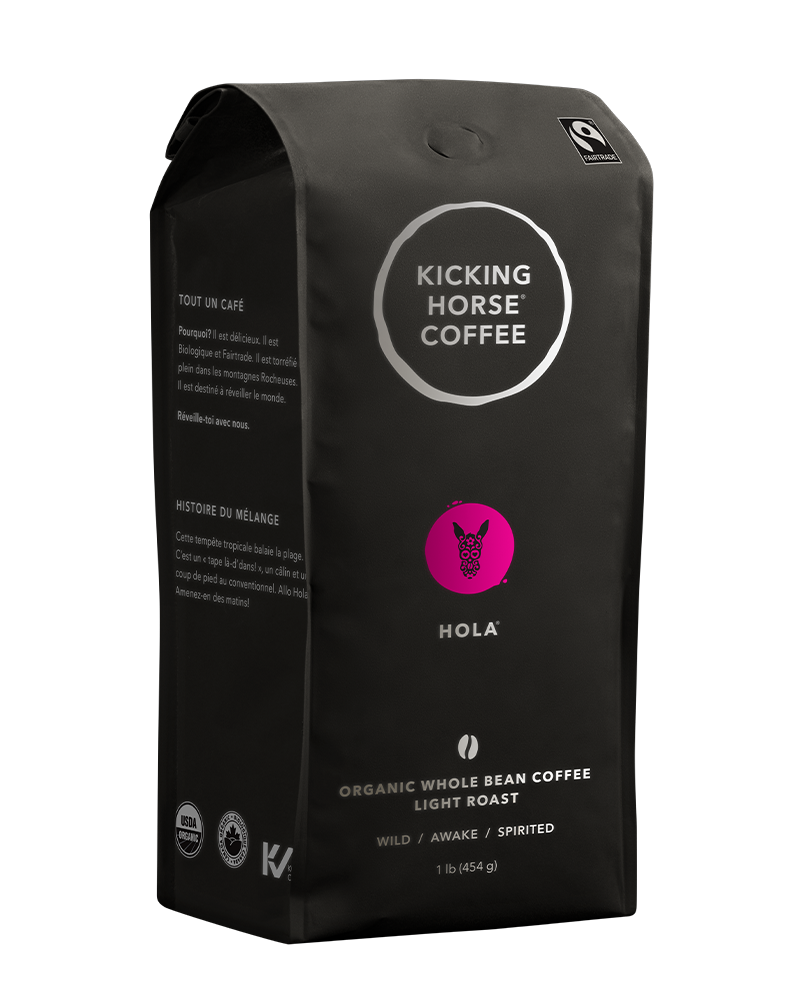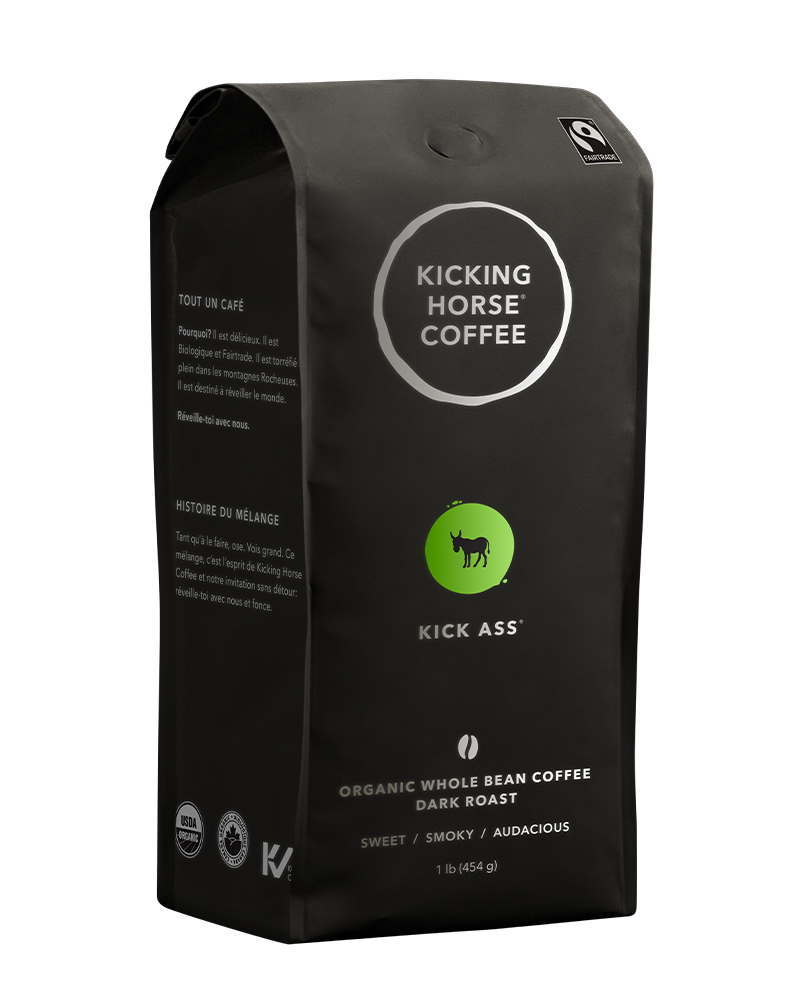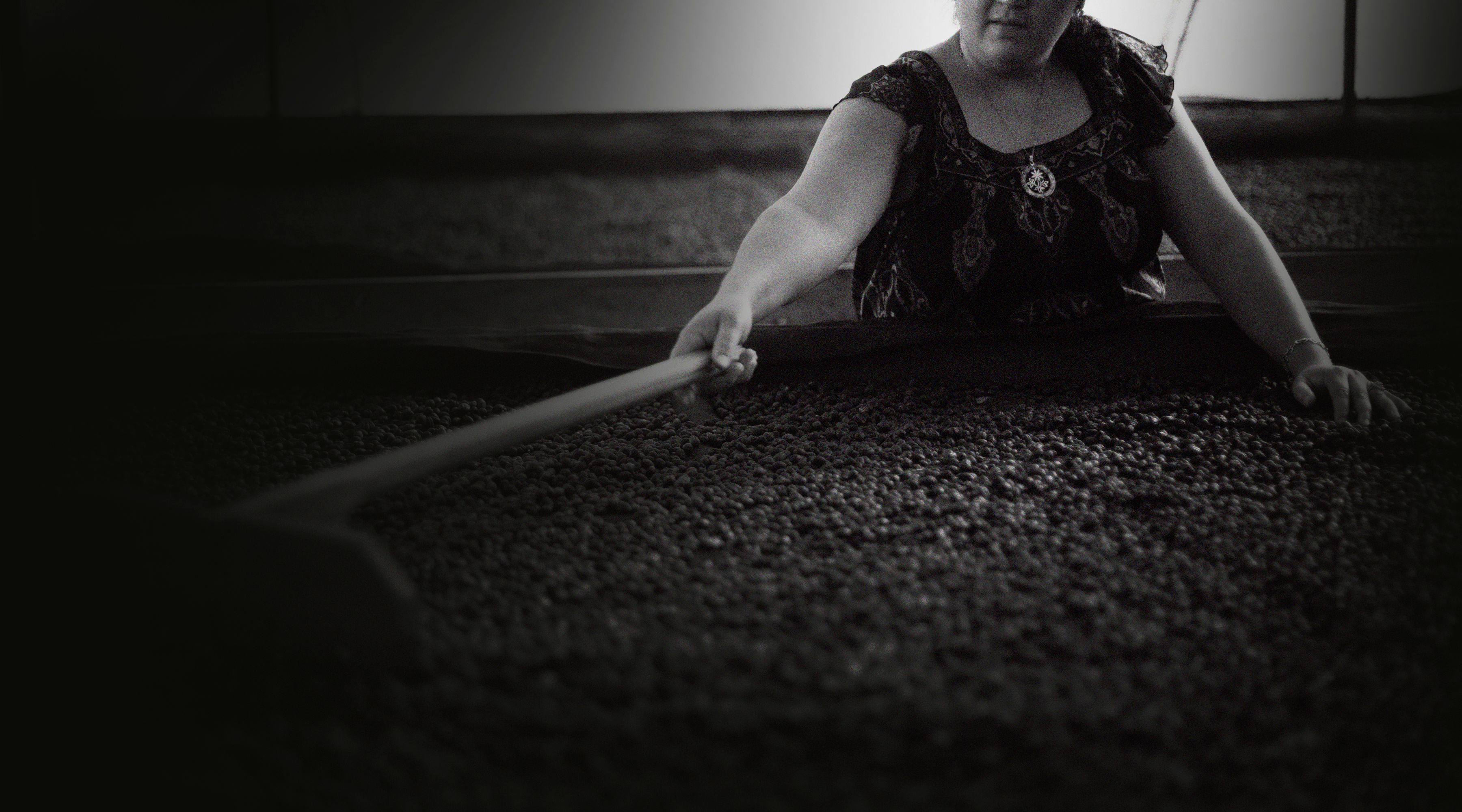
Sustainability
Fairtrade for Good
Coffee is the second most-traded commodity in the world. The coffee industry can be volatile, unpredictable and subject to dramatic price fluctuations. We are only interested in using coffee that is good and fair for both our coffee drinkers and for farmers.
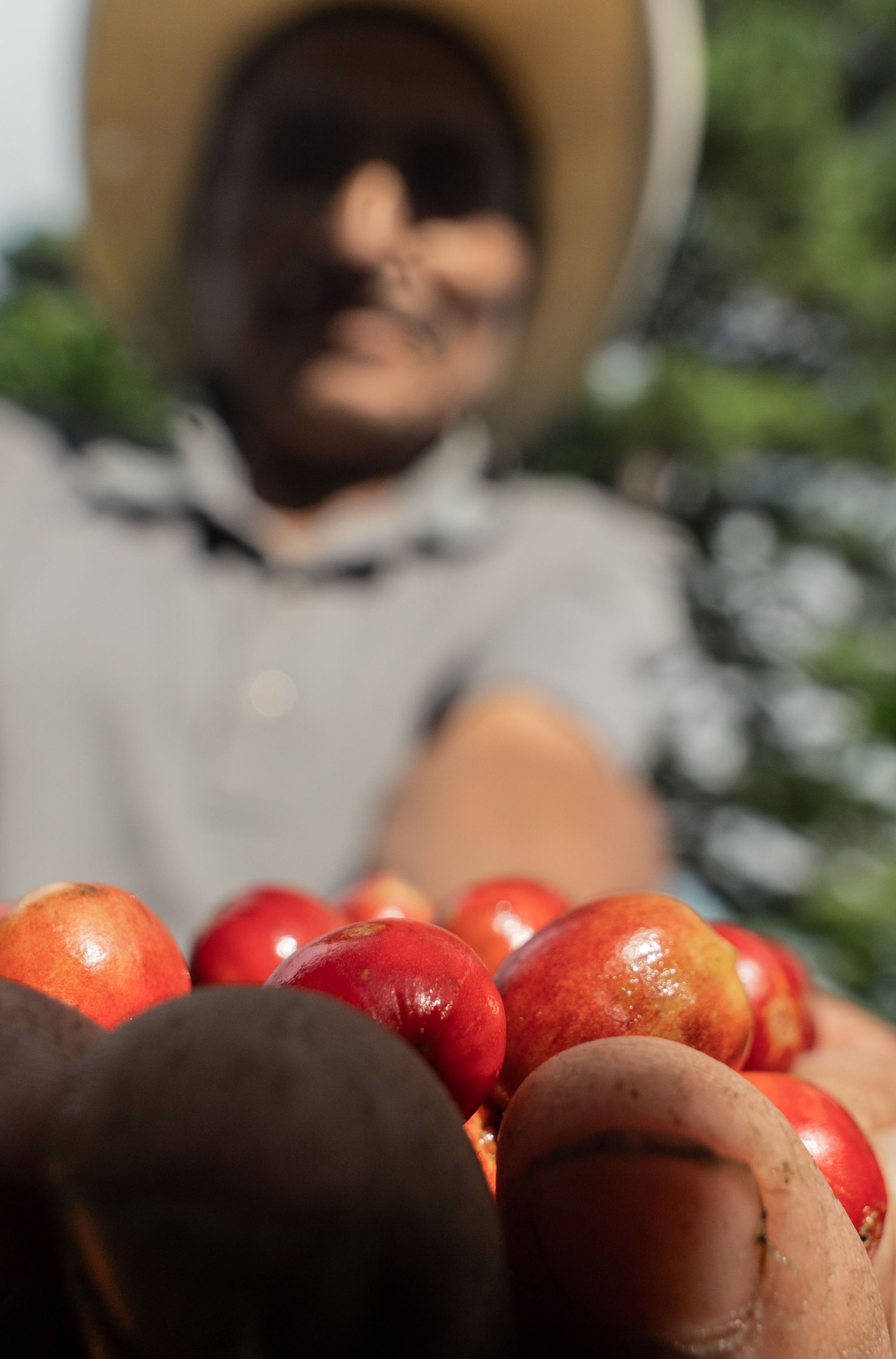
HOW FAIRTRADE WORKS
Fairtrade is a system that enables more money from the sale of coffee to get back to the farmers so they can invest in their family and community.
Instead of reactive aid, Fairtrade supplies the proactive tools, training and practices for farmers to run smart, successful and sustainable businesses.
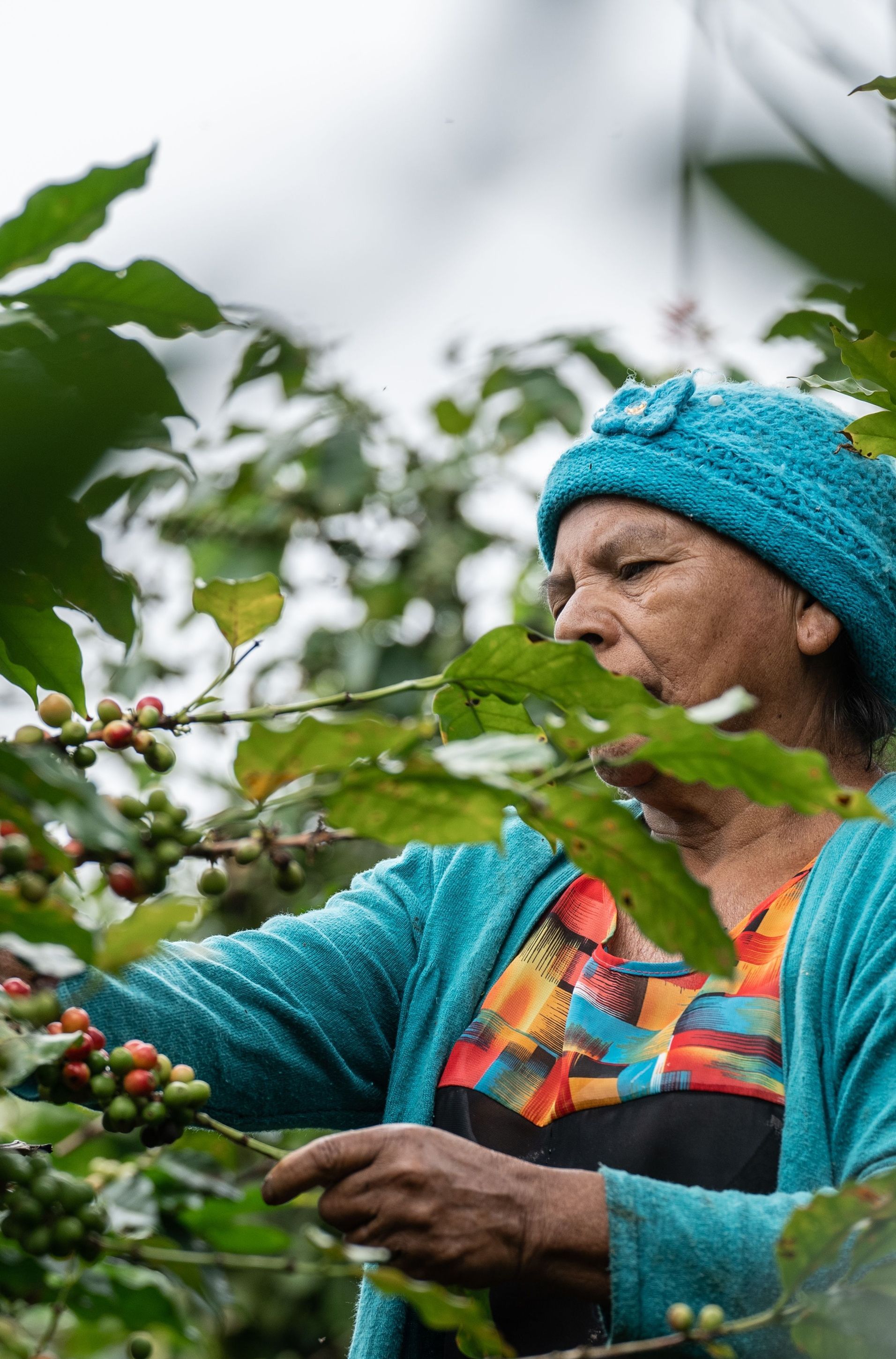
Fairtrade Standards
The best-in-class Fairtrade Standards are designed to support the sustainable development of small producer organizations and agricultural workers around the world. They incorporate a holistic blend of social, economic, and environmental criteria. The Standards contain both core requirements for certification, and development requirements that encourage producers to continuously improve, and to invest in the development of their organizations and their workers. The entire Fairtrade supply chain is independently audited to ensure compliance with the Standards.
Fairtrade works with independent certifier FLOCERT to audit producers, traders and companies. FLOCERT is one of the world’s leading social auditing and verification bodies. They conduct regular audits to ensure compliance with Fairtrade Standards. Moreover, FLOCERT ensures that farmers are receiving fairer prices for their coffee as well as a Fairtrade premium empowering them to improve working and living conditions.
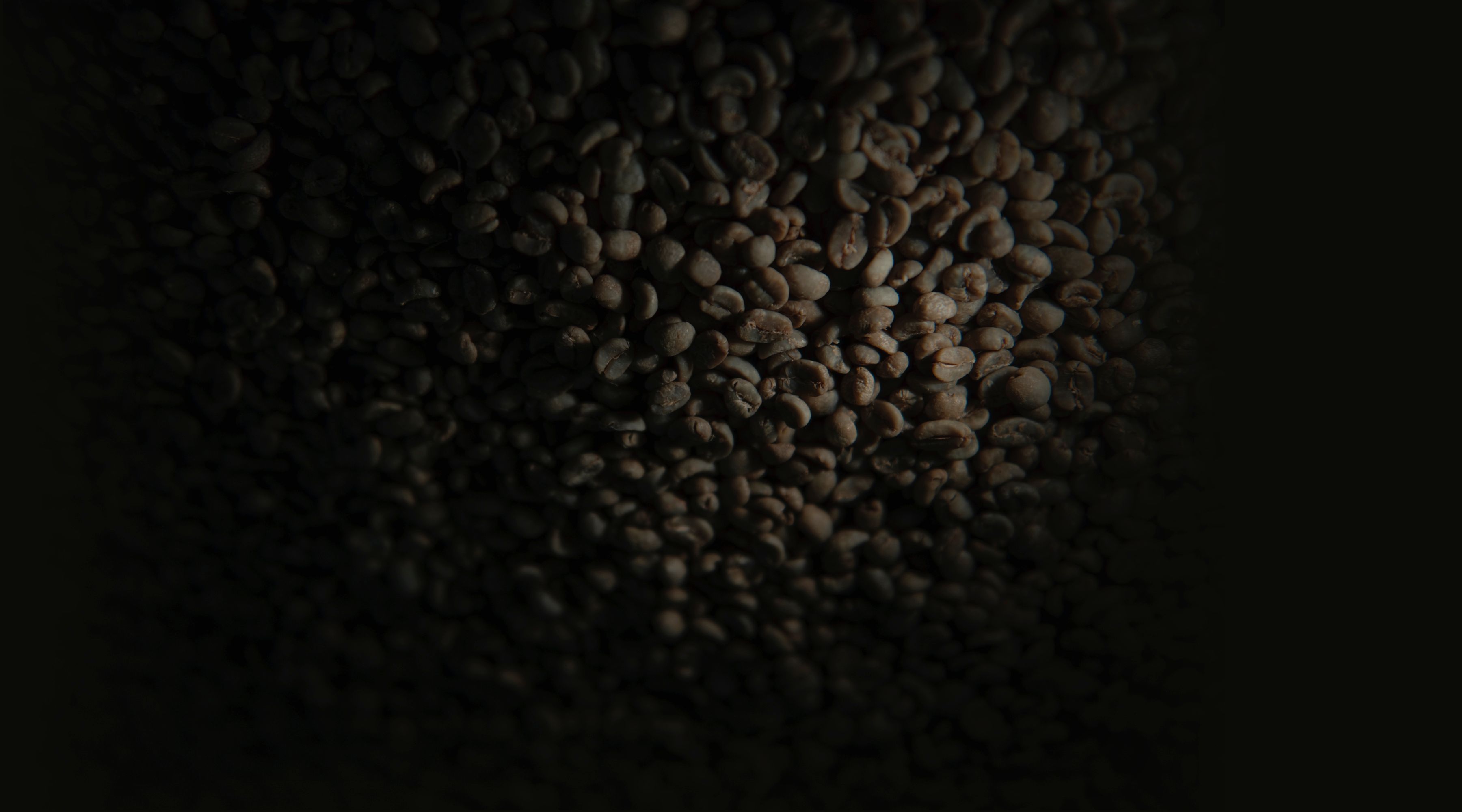
Credibility through Certification and Audits
Fairtrade International is a full Code Compliant Member of ISEAL, a global network of sustainability systems.
A quarter century of impact has improved the lives of countless coffee farmers and their families. It has also helped shape the evolution of the global Fairtrade system, the Fairtrade Standards, and programs that the Producer Networks can deliver in the field.
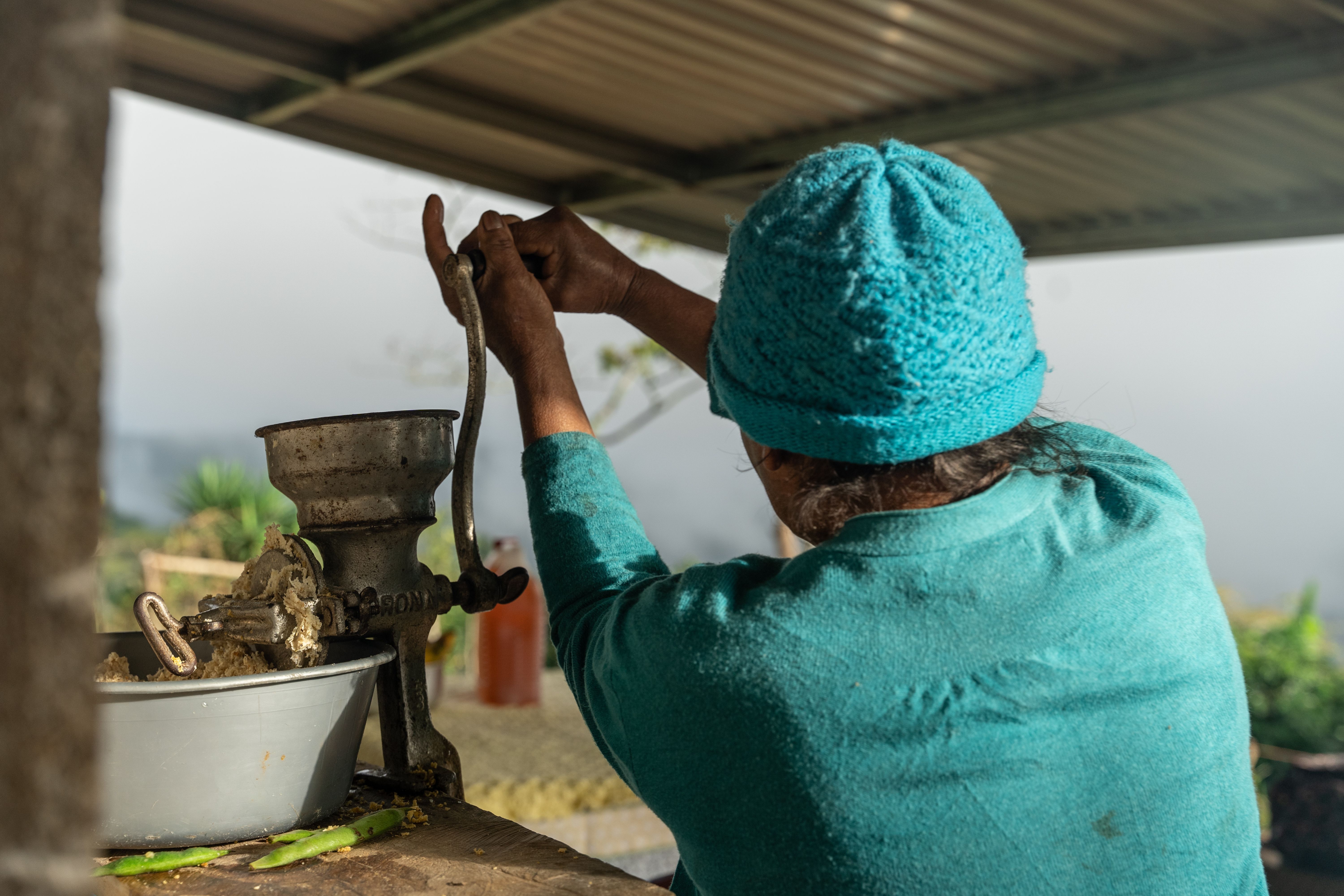
Farmer Income
The foundation of Fairtrade certification is about getting a fairer deal for farmers. That is why the Fairtrade system sets a minimum price for coffee (called the Fairtrade Minimum Price), which is a price that aims to cover the cost of sustainable production and that must be paid for a product to become certified.
Because coffee is traded on a stock exchange called the C Market, the price of coffee is volatile and on average changes every three minutes. The Fairtrade Minimum Price means that even if market prices drop, coffee farmers can rely on earning that price for their coffee no matter what. What happens if the market prices are higher? Then the coffee farmer receives the higher market price. For context, C Market prices have been below the Minimum Price 52% of the time since 2011!
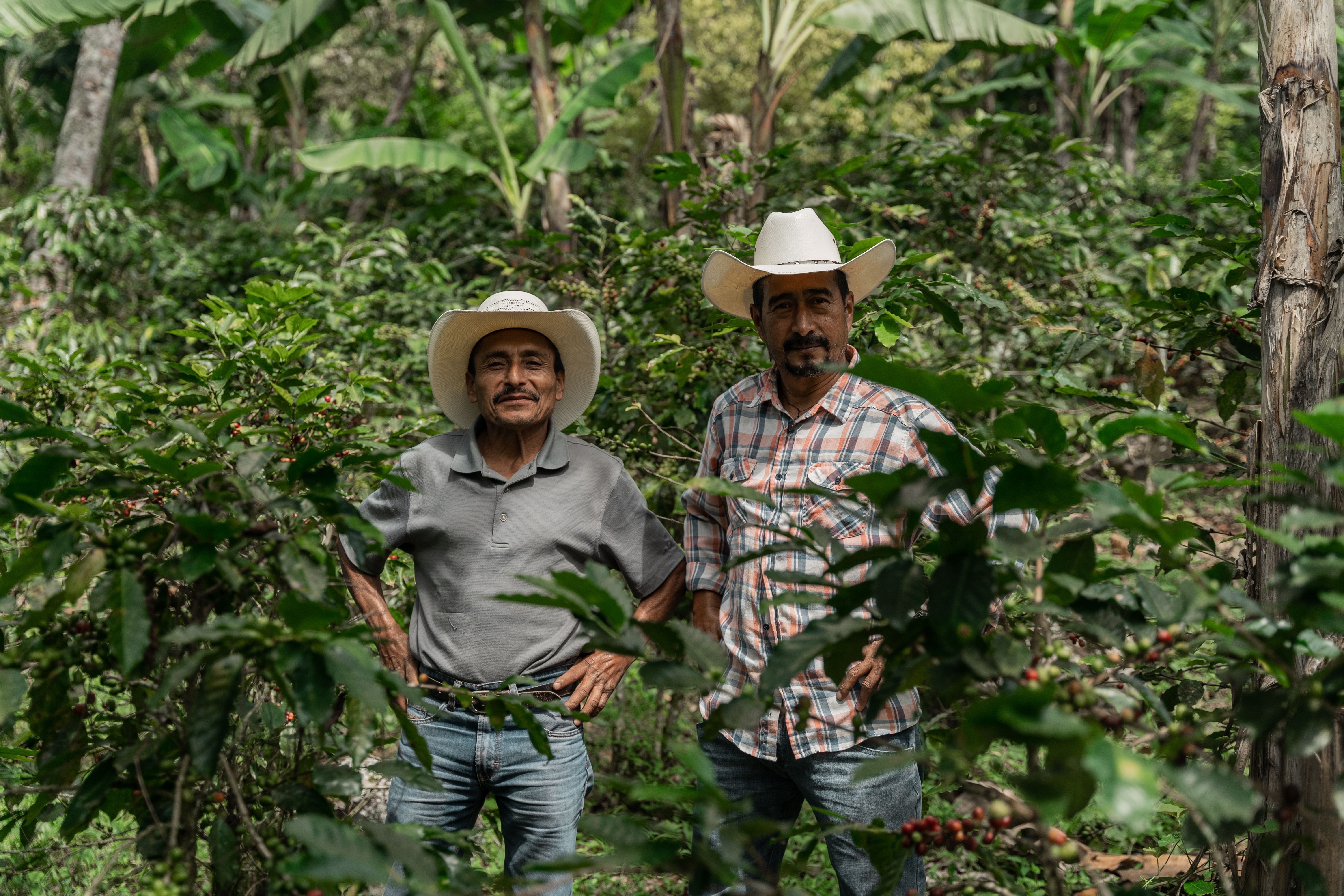
Impact of Kicking Horse Coffee’s Partnership with Fairtrade
Kicking Horse Coffee’s partnership with Fairtrade has two main pillars of impact:
Direct to producers — purchasing coffee on Fairtrade terms provides direct economic, environmental, and social benefits for farmers, their families, and their communities, through the payment of the Fairtrade Minimum Price (when the market price is lower than the Fairtrade safety net), and the Fairtrade Premium.
Through the Fairtrade system — license fees paid on all Kicking Horse Coffee sales with the FAIRTRADE Mark contribute to the Fairtrade system, which allows them to create and update the Standards, measure their impact, advocate governments and institutions, and provide training and support to farmers through Producer Networks (who are local associations that represent small-scale farmers).
Images: Fairtrade International 2023
#itsonlyfair
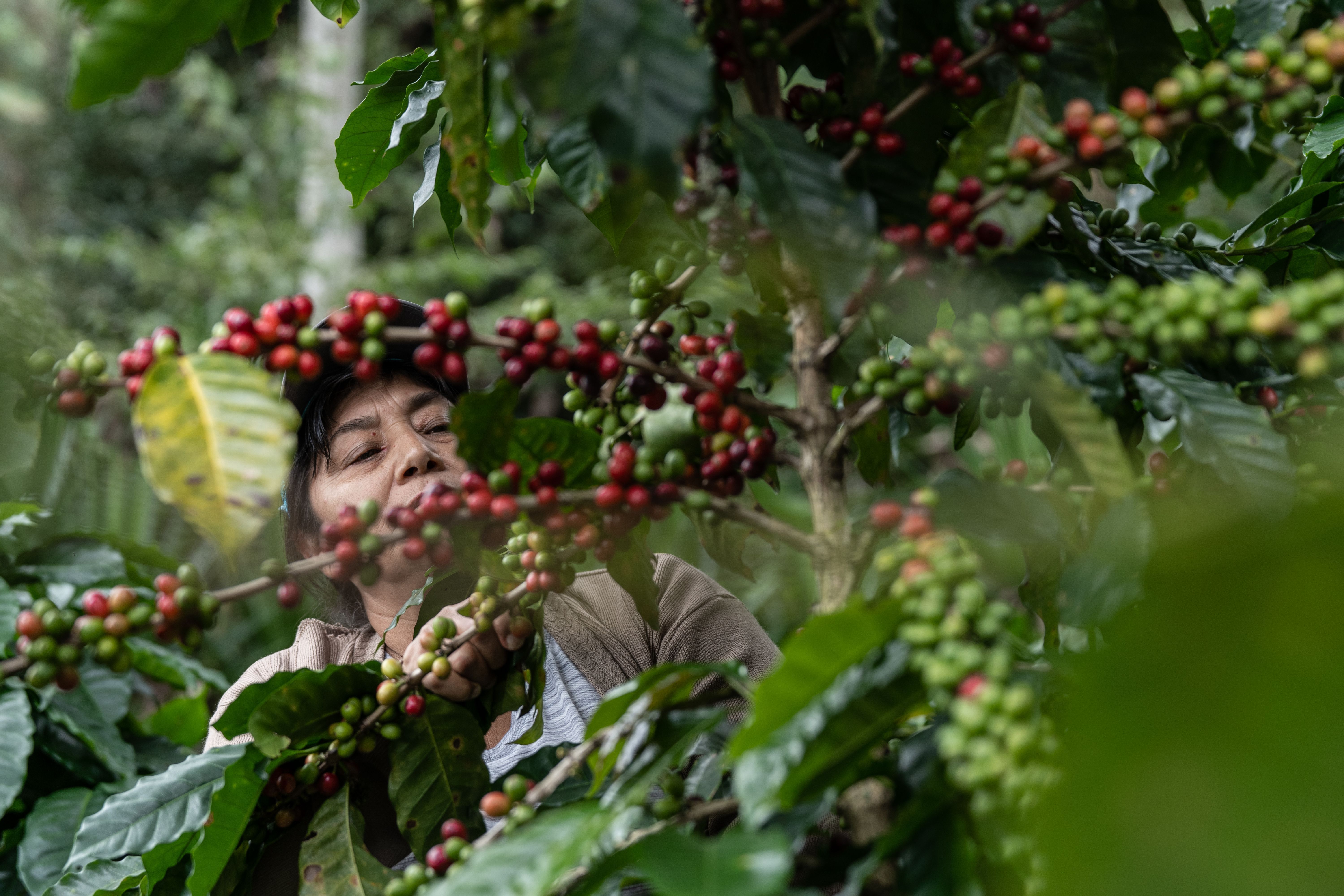
Check out our take on Fairtrade coffee and what it means to us and the world.
